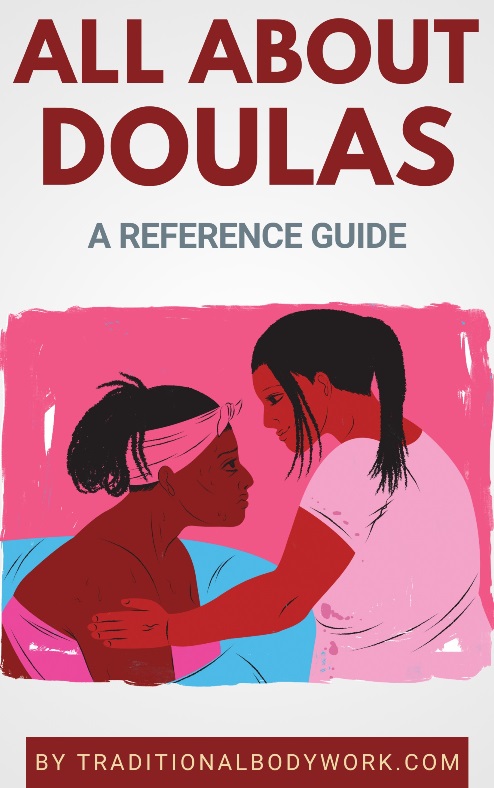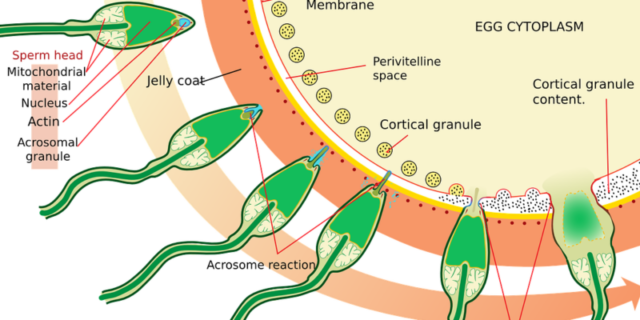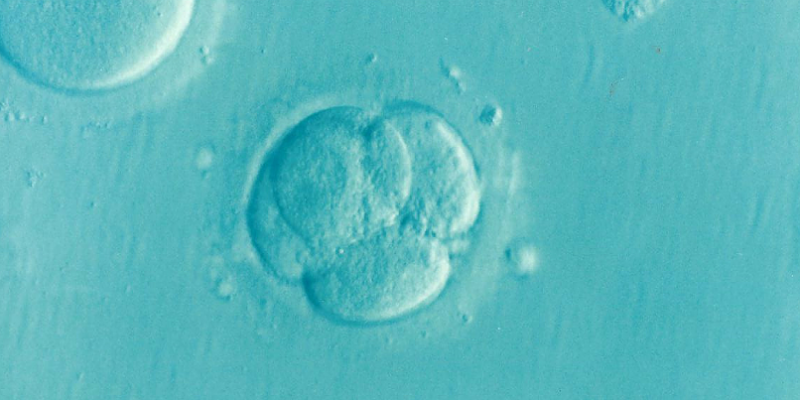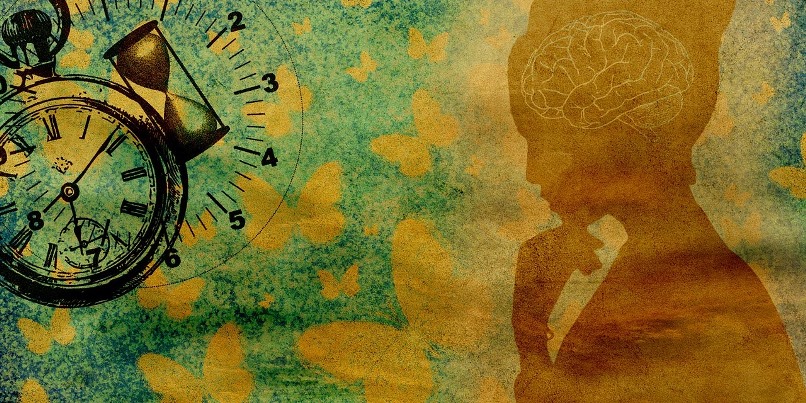
Age can contribute to infertility for both men and women. Moreover, in our contemporary societies, age-related infertility has become more common because both men and women increasingly begin families after being thirty years old, thereby dramatically increasing risks of difficulties in having children.
Women
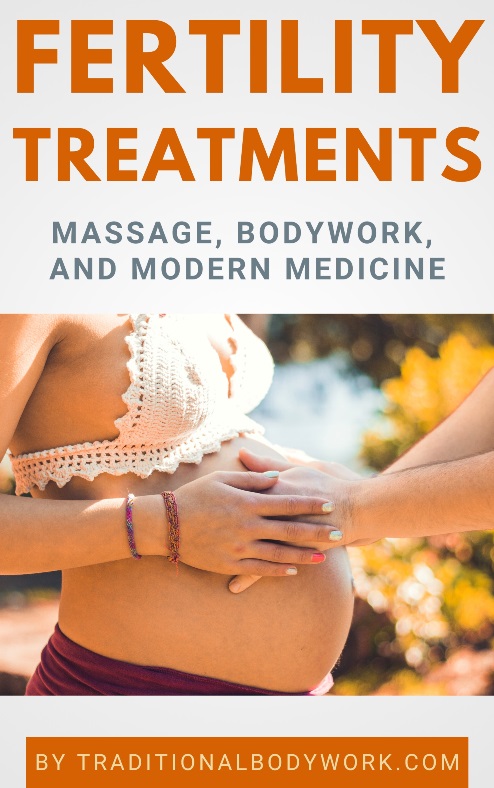
As a woman gets older, her fertility tends to decrease, which is the case notably after her thirties. This, by the way, is a natural process: over time the number of eggs in her ovaries decreases, but also the quality of the eggs becomes less.
Generally, as time passes, a woman will begin to ovulate less frequently and less regularly, which results in missed menstrual periods.
In fact, actual fertility can already end years before the so-called menopause. After menopause women are no longer able to become pregnant.
Men
A man’s decrease in sperm quantity usually occurs later (gradually after his forties), although sperm quality may already start to deteriorate (both its morphology and motility) by getting older, which is the case especially after a man reaches sixty.
Nevertheless, other changes in fertility may occur in men when getting older. For instance, age-related medical issues such as prostate disorders may affect their reproductive function. But also decreased libido or erectile dysfunction may be the case, which, by the way, can have physical and/or psychological causes.


